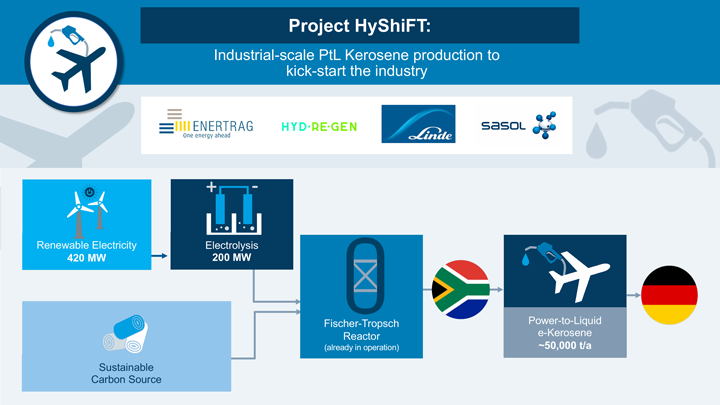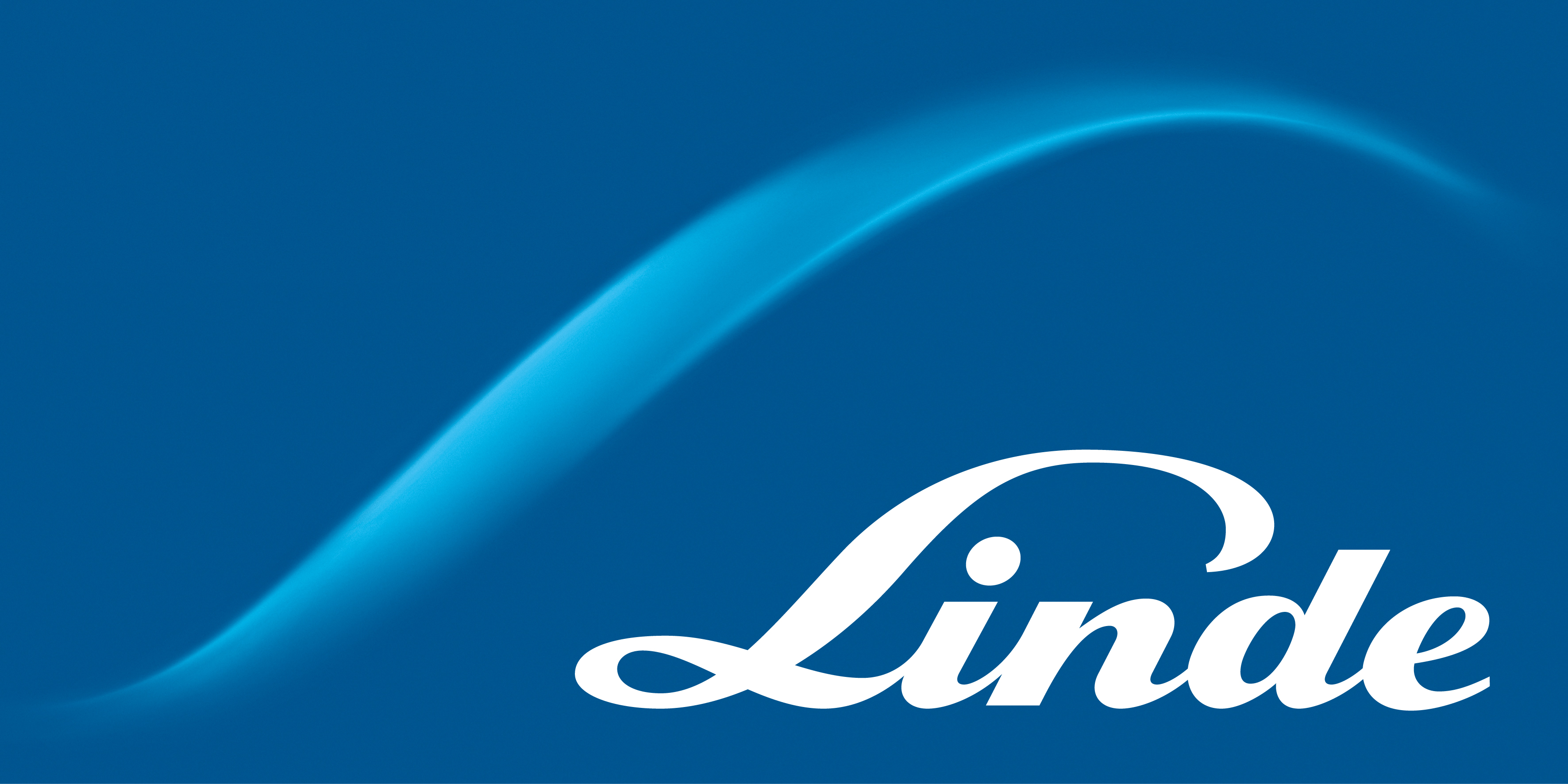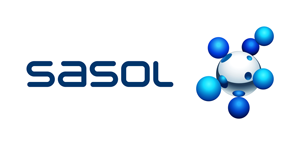- Home
-
Who We Are

Overview
Sasol is a global chemicals and energy company. We harness our knowledge and expertise to integrate sophisticated technologies and processes into world-scale operating facilities. We safely and sustainably source, produce and market a range of high-quality products, creating value for stakeholders.
-
Our Businesses

Overview
Through proprietary technologies and processes the main products Sasol produces are fuel components, chemical components and co-products. From these main products and further value-adding processes we deliver diesel, petrol (gasoline), naphtha, kerosene (jet fuel), liquid petroleum gas (LPG), olefins, alcohols, polymers, solvents, surfactants, co-monomers, ammonia, methanol, crude tar acids, sulphur, illuminating paraffin, bitumen and fuel oil. Even further processing produces numerous additional products.
-
ESG

Overview
Advancing chemical and energy solutions that contribute to a thriving planet, society and enterprise.
-
Investor Centre

Overview
Sasol's investors consist of both equity investors (those invested in the Sasol ordinary shares or the ADRs) and lenders/debt investors (banks and institutional investors lending to Sasol or investing in its issues of debt instruments such as local bonds, offshore bonds, commercial paper issues, project finance, loans and other credit facilities and convertible instruments).
-
Suppliers
- North America
- Sasol Supplier Landscape and Guiding Principles
- Supplier Environment, Social and Governance (ESG)
- Become A Supplier
- Service Provider Safety Management
- Enterprise And Supplier Development
- Existing Supplier Portal
- Contract Terms And Conditions
- Important Links
- Supply Chain Fraud Alert
- Sasol EthicsLine

Overview
Supply Chain is the custodian of all external spend for the Sasol Group. It is responsible for managing supply and demand so as to ensure cost-efficiency and maximise return on spend, while at the same time ensuring effective logistics of a range of deliverables.
-
Careers

Overview
Explore existing opportunities to energise your career to the next level. Whether you are seeking a Learnership or you are Student or Graduate or Experienced Hire. Find out how you can add value to the Sasol Team.
-
Media Centre

Overview
Access media releases and view latest social media updates
- Contact Us
HyshiFT Consortium
HyshiFT Consortium
Stores
|
Total Stores |
Division |
Store Location |
Address |
Tel No |
|
1 |
Relabelled |
Salt River |
29 Brickfield Road, Salt River, Cape Town |
(021)4479913 |
|
2 |
Relabelled |
Bellville |
Shop 4, Corner Voortrekker Rd & Durban RD, Bellville |
(021)9171860 |
|
3 |
Relabelled |
Kenilworth |
Unit number 3 access park, Chichester road, Kenilworth |
(021)6714778, |
|
4 |
Relabelled |
Kuilsrivier |
Shop 4 & 5 Access Park, Kuilsrivier |
(021)9031294 061 287 3980 |
|
5 |
Relabelled |
Mobeni |
Cnr Grimsby & Leicester Rd, Mobeni, Durban |
(031)4620540 W\House (031) 469 9409 |
|
6 |
Relabelled |
Pier 14 |
21A Pier 14, Shopping Centre, Port Elizabeth |
(041)4841575 083 5176 728 |
|
7 |
Relabelled |
Marlboro |
13 Sparten Crescent ,Marlboro , Ext 3 Johannesburg |
(011) 262 0460 |
|
8 |
Relabelled |
Soweto |
Maponya Shop 200 2127 Chris hani Road, klipspruit ext5 Soweto |
(011) 933 1023 |
|
9 |
Relabelled |
Umlazi |
Shop 155 Umlazi Mega City 50 Griffiths Mxenge Highway Umlazi |
(031) 902 1325 |
|
10 |
Relabelled |
Epping |
10 Losack avenue , epping industrial |
(021) 534 0401 |
|
1 |
BCWC |
Kloof |
Lifes on Kloof, 50 Kloof Street, Gardens ,Cape Town, shop G-15 |
(021) 422 1593 078 211 8051 |
|
2 |
BCWC |
Canal Walk |
Shop 619 Canal Walk , Century BLVD, Century City , Cape Town 7441 |
(021) 551 2891 |
|
3 |
BCWC |
Monte Casino |
Shop 80B Montecasino, No1 Monticasino Bouelvard Fourways , 2191 Magents |
(011) 465 0438 |
|
4 |
BCWC |
Menlyn |
Shop UF 42 & 43 cnr atterbury road & lois avenue , menlo park , Pretoria |
(012) 764 9600 |
|
5 |
BCWC |
Balito |
SHOP 608 LEONORA DRIVE,DOLPHIN COAST,BALLITO,4399 |
032 586 0242 |
|
6 |
BCWC |
Rosebank |
Shop GF08, The Zone, Rosebank mall, Oxford Street, Johannesburg |
(011)268 1114 |
|
1 |
Magents |
Canal Walk |
Shop 08 , Century Blvd , Century City 7441 |
(021) 551 2533 JP CELL: 064 686 4026 |
|
2 |
Magents |
Monte Casino |
Shop 21 Montecasino, No1 Monticasino Bouelvard Fourways , 2191 Magents |
(011) 465 6721 074 669 6310 073 804 4352 079 884 7607 |
|
3 |
Magents |
Menlyn |
MENLYN MALL , SHOP G190 CNR ATTERBURY ROAD & LOIS AVENUE,MENLO PARK,PRETORIA |
(012) 348 4725 073 8677 468 - Sieya , kiley , OUPA, Micheal |
|
4 |
Magents |
Balito |
SHOP 608 LEONORA DRIVE,DOLPHIN COAST,BALLITO,4399 |
061 521 7446 032 586 1467 |
|
1 |
WSA |
Menlyn |
MENLYN MALL ,LF41A CNR ATTERBURY ROAD & LOIS AVENUE,MENLO PARK,PRETORIA |
Vicky - 078 816 1921 land line - 012 348 4766 |
|
6 |
BCWC |
Rosebank |
Shop GF08, The Zone, Rosebank mall, Oxford Street, Johannesburg |
(011)268 1114 |
|
1 |
Magents |
Canal Walk |
Shop 08 , Century Blvd , Century City 7441 |
(021) 551 2533 JP CELL: 064 686 4026 |
|
2 |
Magents |
Monte Casino |
Shop 21 Montecasino, No1 Monticasino Bouelvard Fourways , 2191 Magents |
(011) 465 6721 074 669 6310 073 804 4352 079 884 7607 |
|
3 |
Magents |
Menlyn |
MENLYN MALL , SHOP G190 CNR ATTERBURY ROAD & LOIS AVENUE,MENLO PARK,PRETORIA |
(012) 348 4725 073 8677 468 - Sieya , kiley , OUPA, Micheal |
|
4 |
Magents |
Balito |
SHOP 608 LEONORA DRIVE,DOLPHIN COAST,BALLITO,4399 |
061 521 7446 032 586 1467 |
|
1 |
WSA |
Menlyn |
MENLYN MALL ,LF41A CNR ATTERBURY ROAD & LOIS AVENUE,MENLO PARK,PRETORIA |
Vicky - 078 816 1921 land line - 012 348 4766 |

HyshiFT Consortium
The aviation industry is responsible for roughly 12% of all transport emissions. Finding ways to reduce its carbon footprint is one of the biggest challenges facing the energy transition and sustainable aviation fuel (SAF) is a promising possibility.
SAF is key to decarbonising the aviation sector, which is widely viewed as one of the most challenging sectors in which to reduce greenhouse gas emissions. SAF production employs a Power to Liquid (PTL) process, which relies on the supply of a sustainable carbon feedstock (biomass or other unavoidable industrial carbon dioxide sources) and the production of green hydrogen through electrolysis using renewable energy. The carbon and hydrogen are converted to synthesis gas, a mixture of carbon monoxide and hydrogen, which in turn is converted to longer chain hydrocarbons for the production of jet fuel or SAF via the FT process.
Introducing the HyshiFT Consortium
HyshiFT Consortium is a global collective of partners working together to produce Sustainable Aviation Fuel, known as E-Kerosene. The four stakeholders are Linde, Sasol, Enertrag, and Hydregen – are all part of the same story, which is a collaboration to create and use green hydrogen for the production of aviation (jet) fuel. Each partner contributes their own expertise within the renewable sector: Enertrag produces renewable power from wind and solar resources, Linde produces green hydrogen and Sasol converts these two inputs into green aviation fuel through its FT reactor.
The type of sustainable aviation fuel that the Consortium will produce is know as PTL- Kerosene. This fuel aims in future to provide the aviation industry with a sustainable fuel source. The aviation industry – especially long-haul flights – do not currently have feasible carbon neutral energy solutions and producing a sustainable liquid fuel (PtL Kerosene) is hence deemed as the only current feasible approach. HyshiFT’s target is to produce 50,000 tons/day of PtL Kerosene, which could fuel 2 flights between Germany and South Africa per day.






